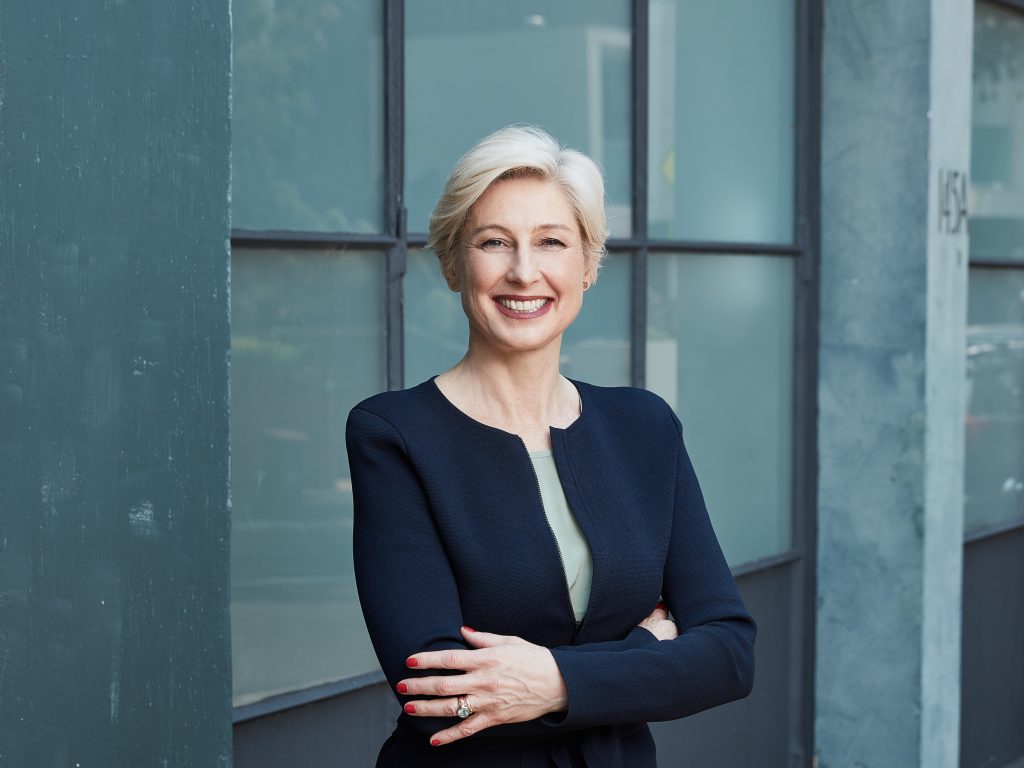
This year’s International Women’s Day theme is Women in leadership: Achieving an equal future in a COVID-19 world. How are co-operatives enabling women to access leadership positions?
Cooperatives are a model that enfranchises people regardless of gender, race, ethnicity and religion. Since they began, co-ops have empowered women around the world. Co-ops gave women the right to vote 100 years before the earliest western democracies. Today, co-ops should aspire to be the most inclusive business model, and that will take innovation and a commitment to change the structures of employment and business workplaces that can accommodate women and others at all stages of life. The COVID-19 pandemic has given businesses unique insight into how we can adapt to different work practices that are more family friendly for example so that women have an incentive and the support to maintain their careers and build their skills and preparation to take up leadership positions. These challenges and opportunities are not unique to cooperatives but apply to all business.
What steps does BCCM take to ensure gender equality?
We have a relatively small team. I’m pleased to say we’ve gender parity. We also have employees of different ages and backgrounds. Our focus is on diversity and inclusion to strengthen out ability to be creative and innovative as an organisation. One approach we are using to hold ourselves accountable is Mutual Value Measurement which is our new strategy for measuring the value we create for all stakeholders including employees. A family friendly, flexible workplace helps us to retain staff with families. As a peak body we should lead by example.
What is your advice for cooperatives that are just beginning to work on promoting gender equality?
Mostly I would say, don’t reinvent the wheel. There has been so much good work done on how to create structures and implement strategies that promote gender equality. A starting point is to realise the inclusion is a commercial imperative as much as it is a moral one. Inclusive and gender diverse organisations are proven more resilient and successful. An important beginning for us was to benchmark gender inclusion in the sector to know where we needed to improve and what practical ideas could be implemented to make those improvements. In 2017, we undertook the Australian sector’s first research into gender equality, Eliza’s Project. We found Only 3% of co-ops and mutuals had women CEOs, 15% of co-ops and mutuals had women chairs and, while women are the majority of employees in co-ops and mutuals, they are not the majority of the managers. So, we had work to do! The report set out a set of recommendations for organisations to set targets and hold themselves accountable to achieving these.
What challenges have you faced as a woman in the co-operative movement? How did you overcome them, and how did other women and cooperators support you?
In all types of business we can face challenges as women. These can structural challenges such as workplace culture and practices that are not flexible, but they can also be internal challenges to do with having the confidence to step forward and lead. I have always drawn from the example of women leaders in the sector, but also from supportive male champions of change who have encouraged me to find my voice and set-up. I have endeavoured to do that for others. As we rise to leadership positions, women should ask, who am I helping on the way up too?
The theme of the World Cooperative Congress is Deepening Our Cooperative Identity. How can tackling gender imbalances help to drive this agenda?
The starting point is that cooperatives forge a gender equal world through the power the 7 International Cooperative Principles through their open and voluntary membership, democratic governance and economic participation. If we live our principles by giving agency to women in our organisations we are also strengthening our identity ad open, ethical, egalitarian and democratic organisations. Our cooperative businesses will be more resilient and sustainable by strengthening diversity.
